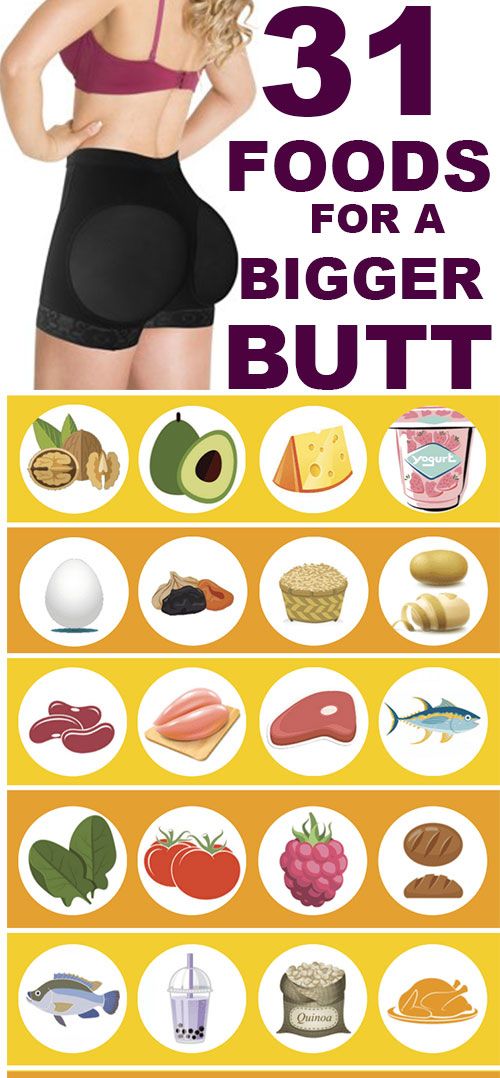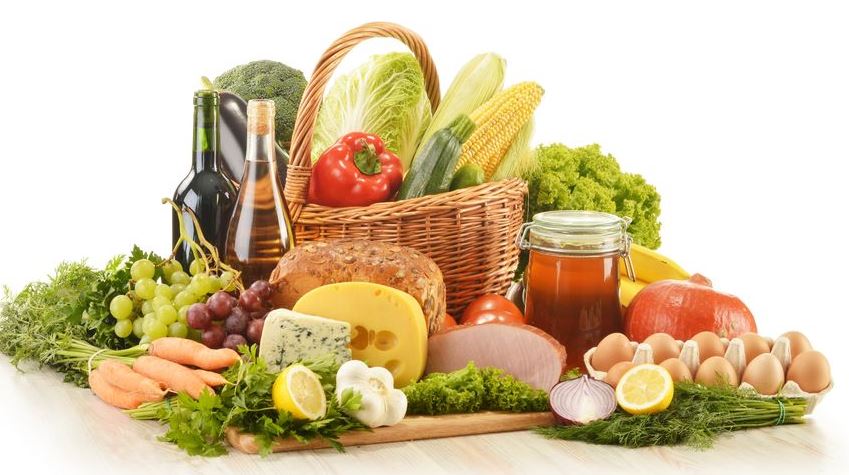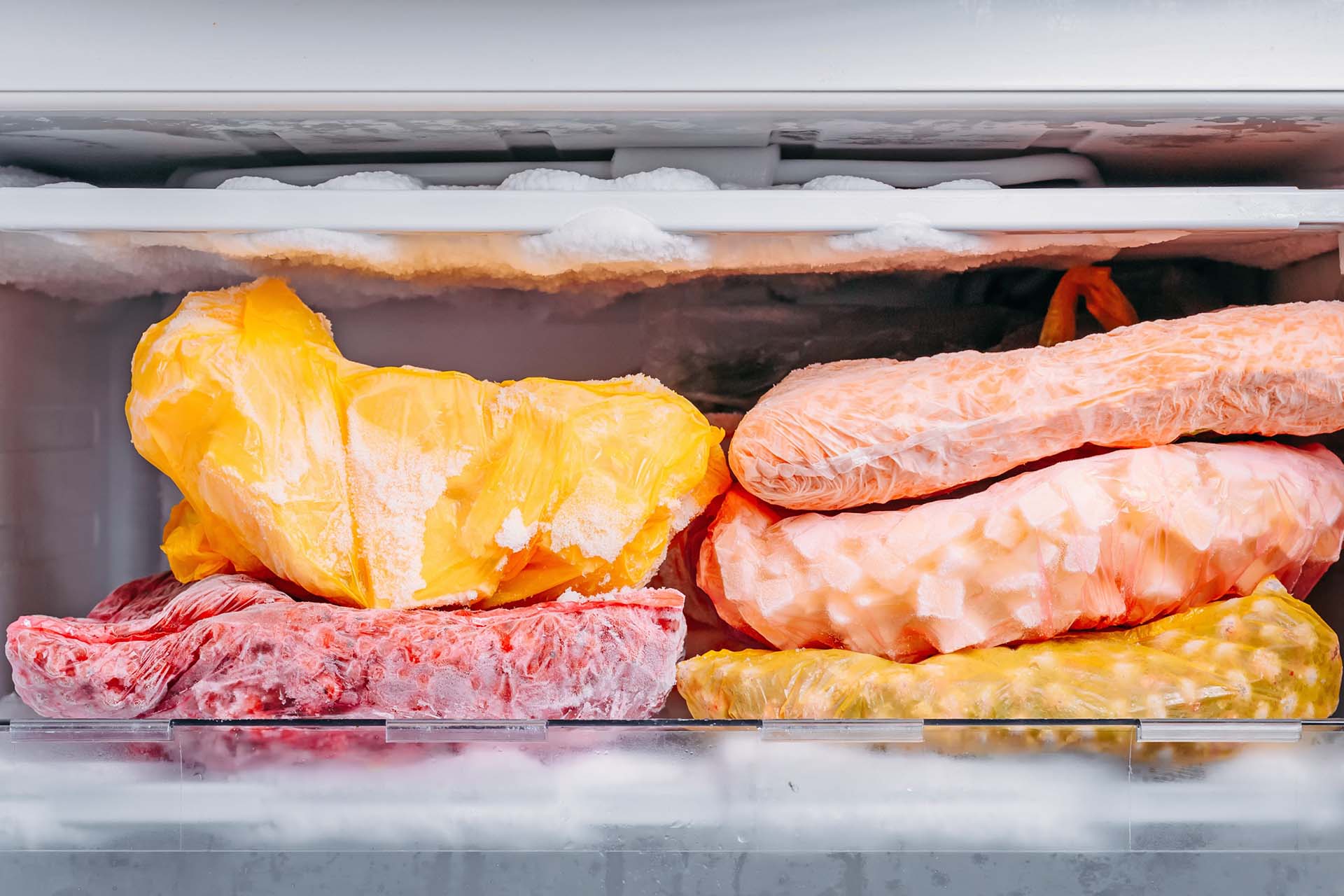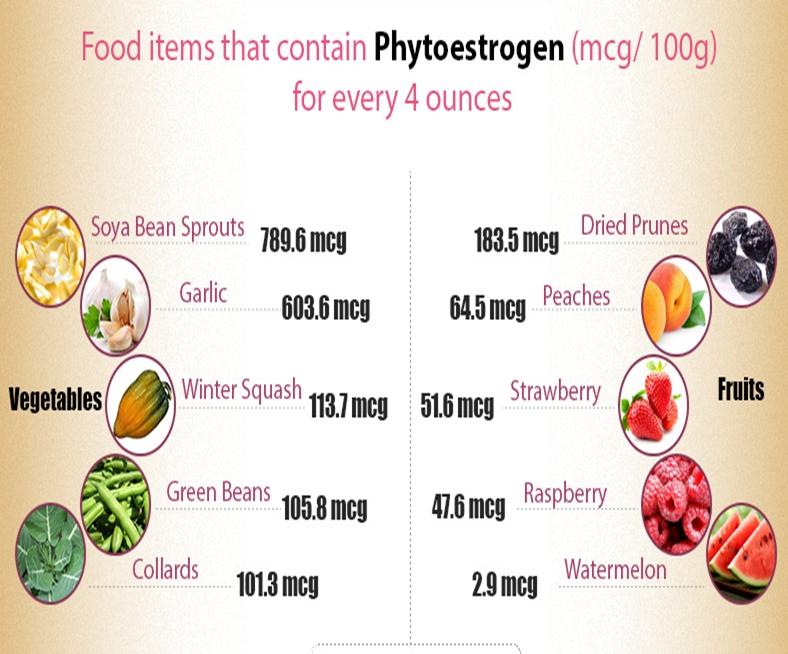Foods That Aid in Gluteal Muscle Growth

Building and maintaining a shapely butt requires a combination of targeted exercises and a balanced diet. Certain foods provide essential nutrients that support muscle growth and recovery, helping you achieve your desired results. Here are some key foods that can contribute to gluteal muscle development:

Lean Proteins:

Chicken and Turkey: These lean protein sources are low in fat and high in amino acids, which are the building blocks of muscle tissue. Include them in meals or snacks to support muscle growth and repair.
Fish: Fatty fish like salmon, tuna, and mackerel are excellent sources of omega-3 fatty acids, which have anti-inflammatory properties and may aid in muscle recovery.
Eggs: A versatile protein source, eggs provide a complete amino acid profile and essential nutrients for muscle growth.
Beans and Lentils: These plant-based proteins offer a combination of protein, fiber, and essential vitamins and minerals to support muscle development and overall well-being.
Healthy Fats:
Avocados: Rich in healthy monounsaturated fats, avocados provide energy and aid in nutrient absorption, supporting muscle recovery and growth.
Nuts and Seeds: Almonds, walnuts, chia seeds, and flaxseeds are excellent sources of healthy fats, protein, and fiber, promoting muscle health.
Complex Carbohydrates:
Whole Grains: Whole wheat bread, brown rice, quinoa, and oats are complex carbohydrates that provide sustained energy and support muscle glycogen stores, ensuring you have the fuel needed for workouts.
Fruits and Vegetables: Fruits and vegetables offer a range of vitamins, minerals, and antioxidants essential for muscle health and overall well-being.
Other Nutrients:
Water: Staying adequately hydrated is crucial for overall health, including muscle function and recovery. Water helps transport nutrients to muscles and facilitates muscle contractions.
Electrolytes: Electrolytes like sodium, potassium, and magnesium play a role in muscle contraction and nerve function. Consume electrolyte-rich foods or sports drinks during and after workouts to replenish these essential minerals.
Creatine: Creatine is a natural substance found in muscle cells that aids in energy production during intense exercise. Supplementing with creatine may provide some benefits for muscle growth and strength, but it’s best to consult with a healthcare professional before incorporating it into your routine.
Remember, building gluteal muscle takes time and consistency. Combining a nutritious diet with regular exercise, including targeted glute-focused exercises, is the key to achieving your desired results. Consult with a registered dietitian or healthcare provider for personalized dietary recommendations tailored to your specific goals and needs.










